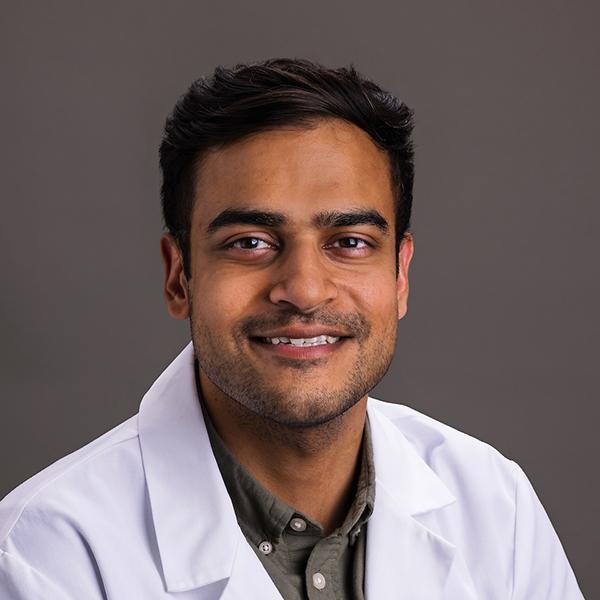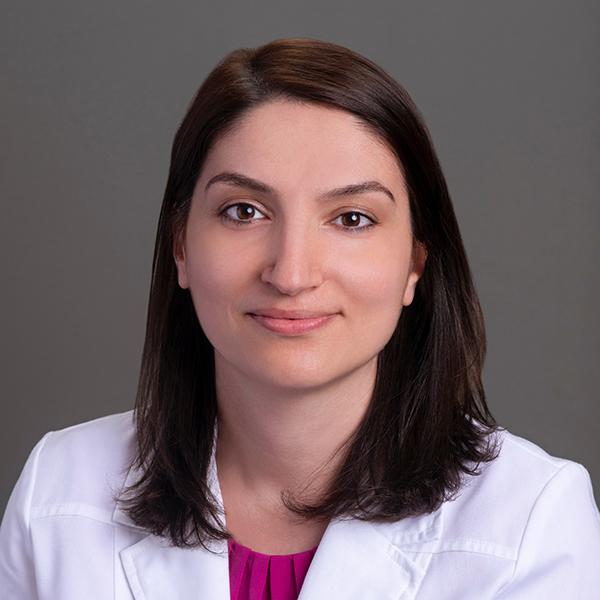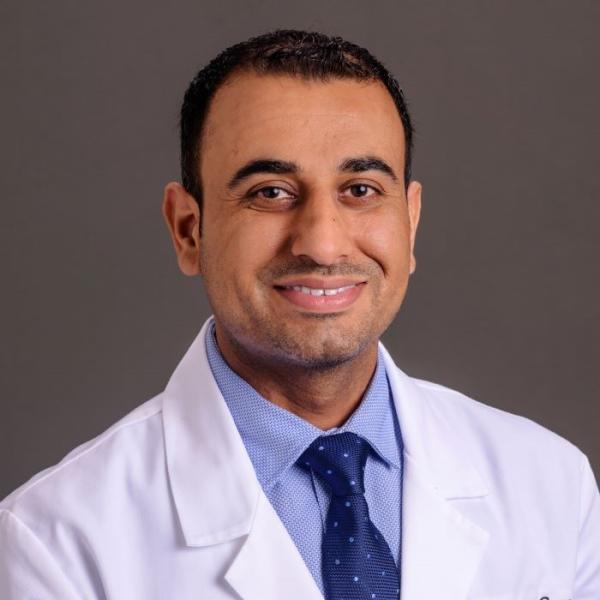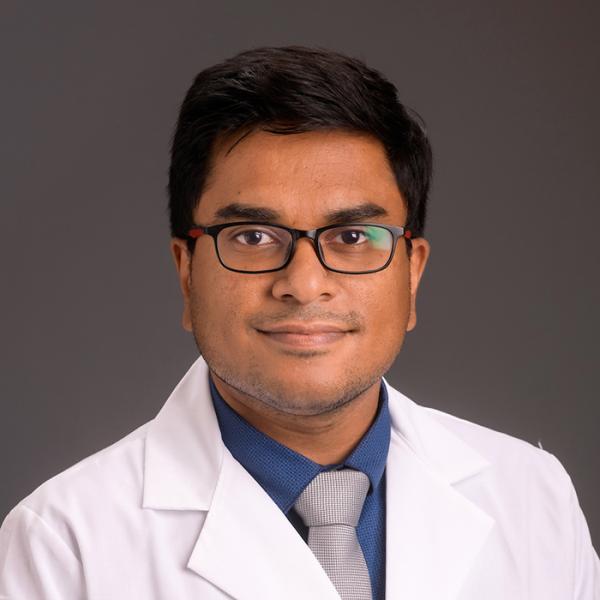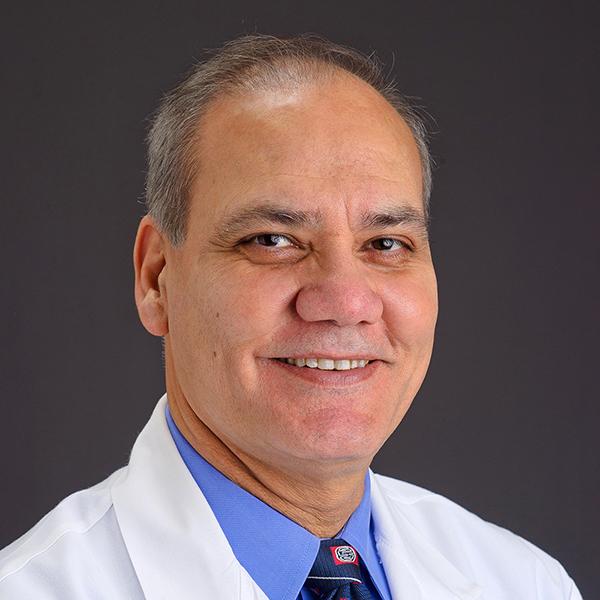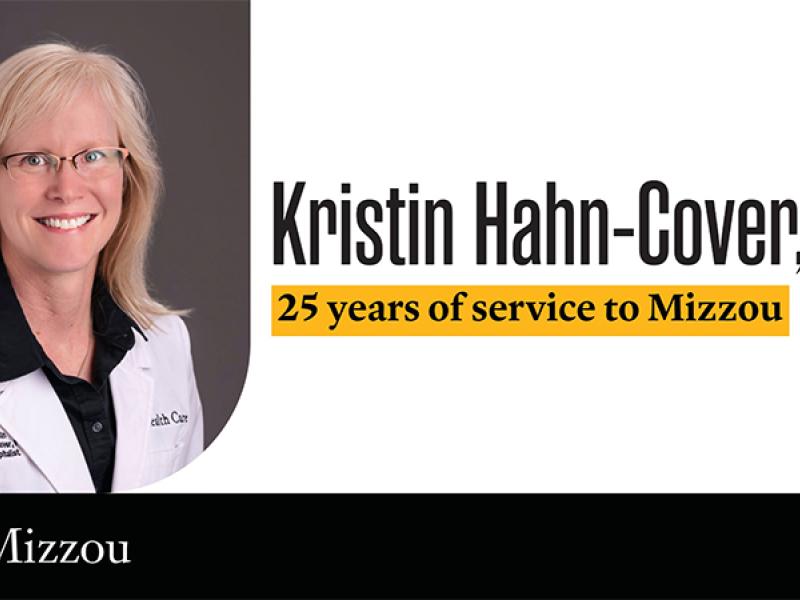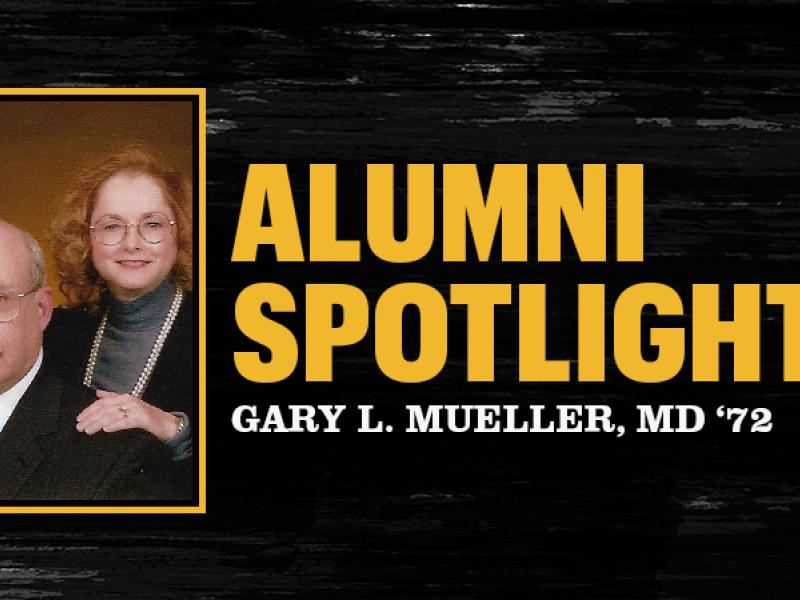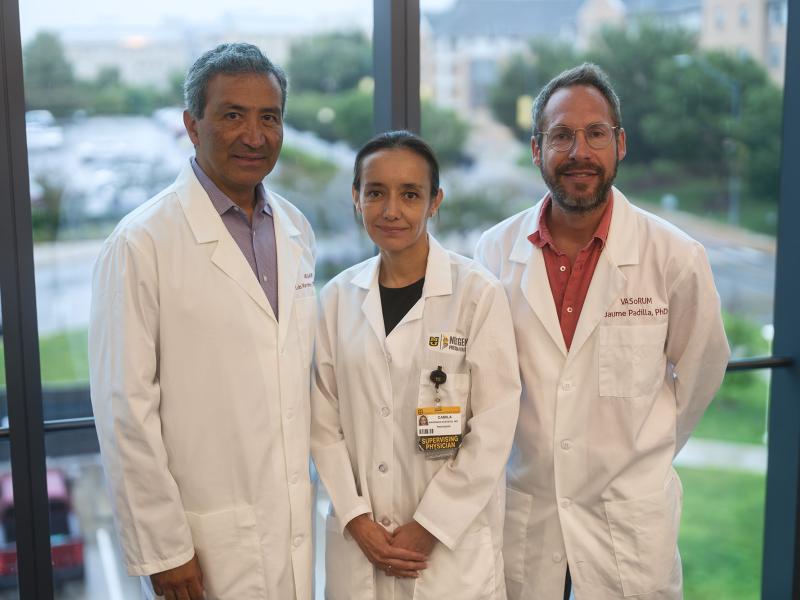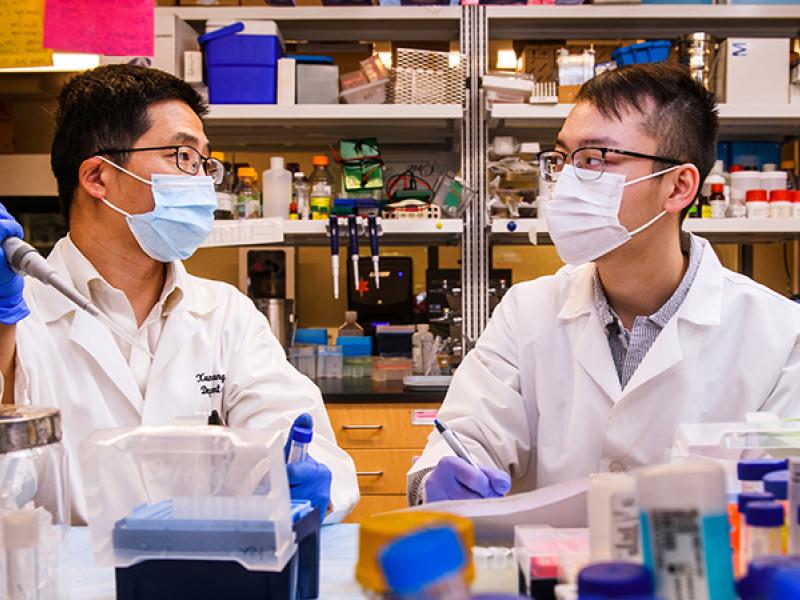The one-year non ACGME-accredited Hepatology Fellowship includes vigorous training in outpatient and inpatient settings in addition to sponsored rotation at Washington University Liver Transplant Program.
We will not be accepting a fellow for the 2026–2027 academic year.
The goal of the program is to produce hepatologists who possess a range of attributes including the knowledge base of pathophysiology, clinical manifestations, and management of liver disease, indications and contradictions to liver transplant, diagnostic liver biopsy procedures, and appreciation of the humanistic and ethical aspects of liver disease. The candidate must have completed or about to complete a three-year ACGME-accredited Internal Medicine residency training program in the United States and be board eligible/certified.
This program will enable the trainee after completion to seek a hepatologist position in inpatient/outpatient settings. In addition, this fellowship will be well suited for those who wish to strengthen their credentials to pursue the ACGME-accredited GI fellowship.
Our program accepts J1 visa status only. Our program is currently not accepting any applications.
Clinical Hepatology Curriculum
Clinical Training
During the fellowship, you will acquire skills in patient diagnosis and management, performing liver biopsies, teaching and research.
Rotation Schedule
| Rotation | Length |
|---|---|
| Outpatient - Hepatobiliary Clinics-VA | 8 months |
| Inpatient - Hepatobiliary Consult Service | 2 weeks |
| Outpatient/Inpatient - Liver Transplantation – Washington University in Saint Louis | 1 month |
| Hepatology Research | 1 month |
Didactic Training
Clinical conferences, GI/Liver quality meetings, patients’ rounds, journal clubs and one-on-one instruction are all integral parts of the program.
Research Training
You will have the opportunity to participate in clinical research projects in clinical, translational, or basic science research. Hepatology fellow is advised to find a mentor and discuss research project of interest early on during the fellowship.
Evaluation
You are formally evaluated by your supervising faculty member following the completion of each clinical rotation; and then meet accordingly with the program director to review these evaluations. In addition, you regularly evaluate the faculty to ensure your educational goals are being met.
How to Apply
We are not taking applications for the upcoming academic year 2026-2027.
Thank you for your interest! The Division of Hepatology typically offers one position yearly into our non-accredited one year Hepatology fellowship program. However, we will not be accepting applications for the upcoming 2026-2027 academic year.


